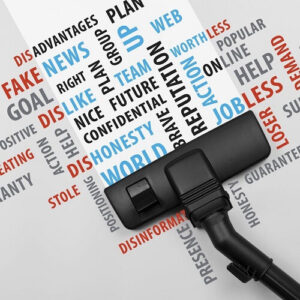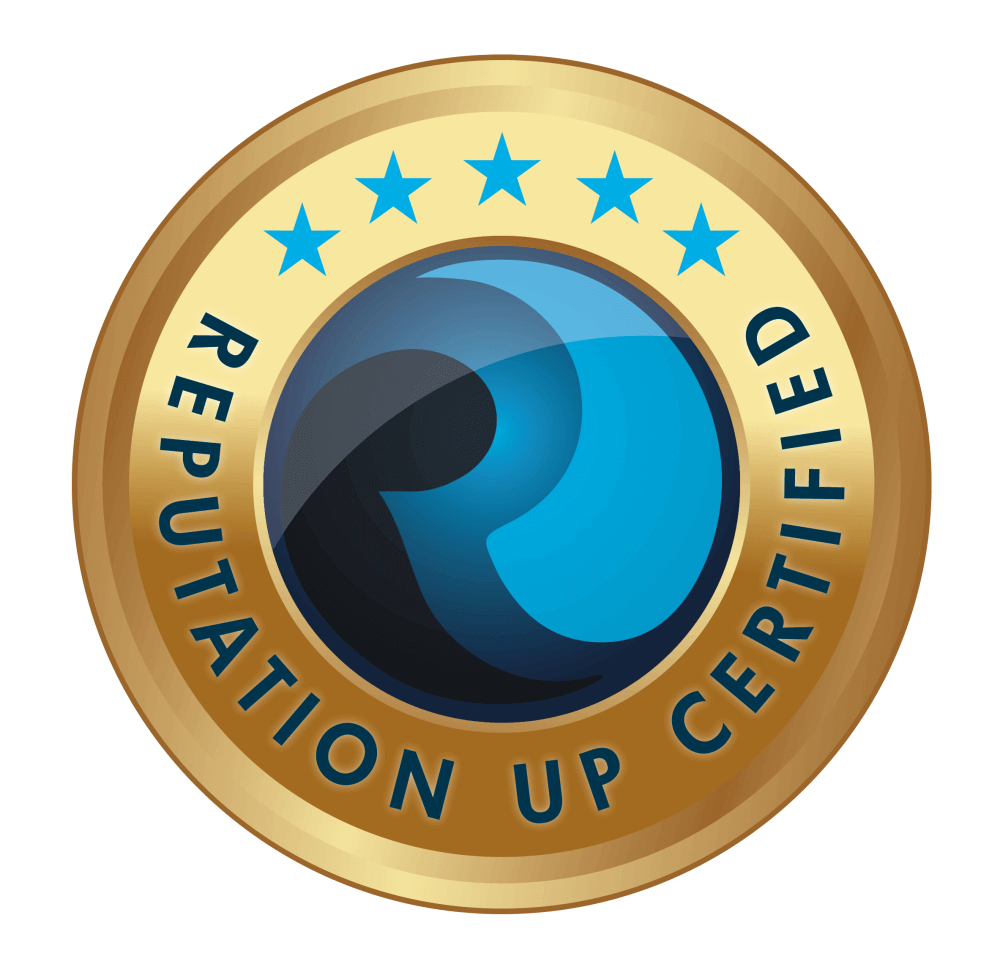Artificial intelligence is no longer just a tool for automating tasks: it now offers opinions, answers, and describes real people. ChatGPT, developed by OpenAI, is one of the world’s most widely used tools for generating automatic text.
But what many people don’t realize is that this AI can build a narrative about you without checking whether it’s true, fair, or up-to-date.
Hundreds of users and professionals have discovered that ChatGPT offers inaccurate or damaging answers about their name, their companies, or their careers. What’s most worrying is that these answers, while not based on reality, read authoritatively, generating trust in the reader.
This article is a comprehensive guide on how to protect your identity from conversational AI. You’ll learn how ChatGPT works, why it can damage your reputation, and what steps you should take to defend yourself with legal, technical, and communications support.
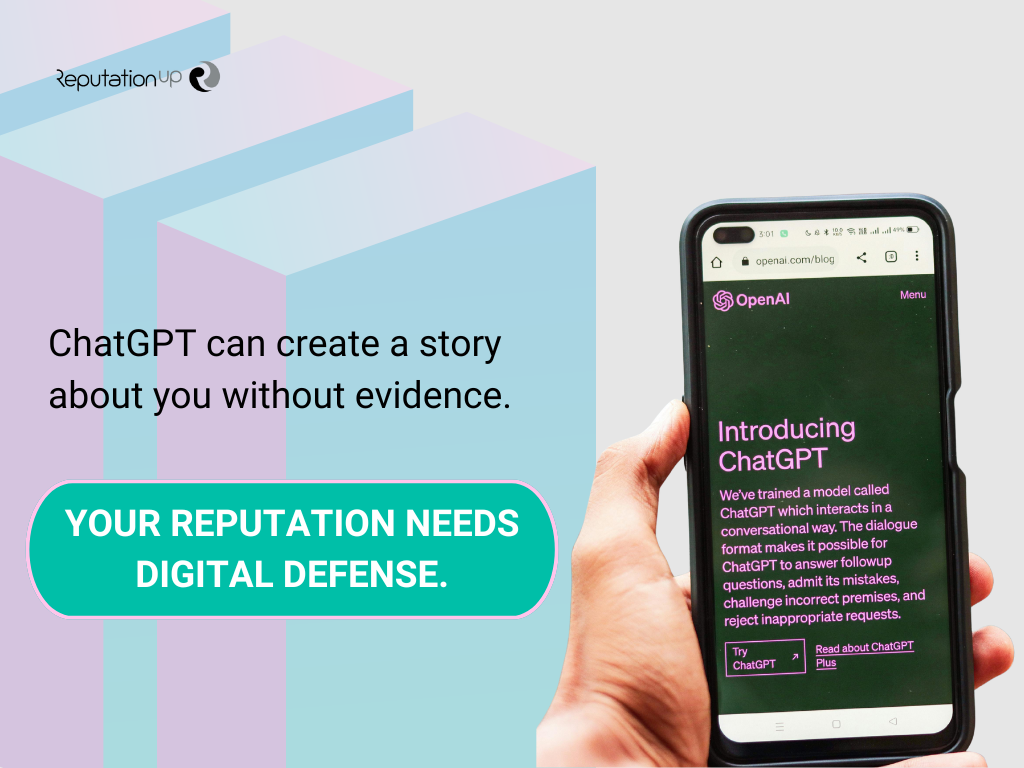
What is ChatGPT and how does it affect your reputation?
ChatGPT is an artificial intelligence-based language model developed by OpenAI. It was trained on millions of public texts—from news articles and forums to books and social media—to respond coherently to any question.
Although it is a powerful tool, it does not distinguish between verified information and poorly indexed rumors. According to the European Parliamentary Research Service (EPRS), large language models can amplify biases, reproduce misinformation, and generate misleading content if not properly controlled.
This means that if your name appears in an outdated news story, on a controversial forum, or on a public sanctions list, ChatGPT may repeat that information when asked about you.
And it will do so with confident and structured language, generating an image that often does not represent your current reality.
Unlike Google, which only displays links, ChatGPT generates fresh, narrative text. This gives it the appearance of objectivity, even if what it says about you isn’t true, complete, or fair.
“The problem isn’t that ChatGPT intends to defame, but that it may do so unintentionally. And that’s even more dangerous,” says Andrea Baggio , CEO EMEA of ReputationUP.
Need help protecting your reputation?
Remove all negative content against your brand and publish positive content that re-launches your digital image
What reputational risks does ChatGPT pose?
ChatGPT’s impact on reputation is silent but powerful. Used by millions of people, it becomes an informal but influential reference source. Executives, journalists, recruiters, clients, and everyday users consult ChatGPT as if it were a neutral source… when in fact, it reproduces biases and errors from the material it was trained on.
The OECD warns that generative AI systems pose serious risks related to lack of transparency, misleading synthetic content, and potential harm to fundamental rights, including reputation.
1. Indirect defamation
ChatGPT may utter phrases like “this person was involved in a corruption case in 2015” even if no conviction has been filed. This mention, without context or verification, can cause immediate reputational damage.
2. Outdated information
Much of the data replicated by ChatGPT comes from old sources. A filed complaint, a debunked rumor, or an outdated accusation may reappear in your replies as if it were still relevant.
3. Confusion of identities
When there are people with similar names, ChatGPT can mix up biographies and attribute false facts to the wrong individual. This is known as hallucination , one of the most common errors in generative models.
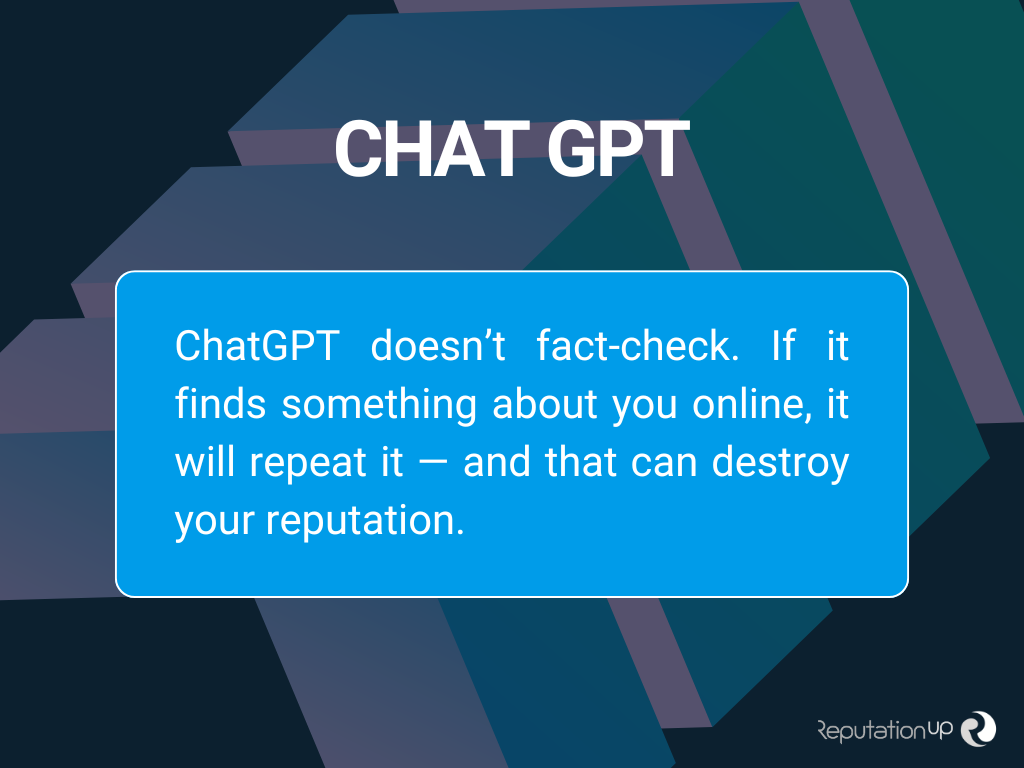
Real-life cases: When AI gets it wrong… and you pay for it
Errors generated by artificial intelligence models are not hypothetical: there are already documented cases in which ChatGPT has spread false information with reputational, legal, and personal consequences. Even when the system does not act with intent, the combination of real data with invented claims can produce a persuasive and deeply damaging narrative.
In Norway, a citizen filed a formal complaint with the national data protection authority after ChatGPT falsely claimed that he had murdered his children and was serving a prison sentence. Although the story was entirely fabricated, it included real details about his family, which made it seem credible. The organization Noyb supported the claim on the grounds of GDPR violation, as the generated content involved inaccurate and harmful personal data (The Guardian, 2025).
In the United States, radio host Mark Walters was falsely linked by ChatGPT to a fraud and embezzlement case, despite having no history or involvement. Although the model did not act with defamatory intent, the reputational damage led Walters to file a lawsuit against OpenAI. The case was ultimately dismissed by the court, which ruled that the company could not be held liable for AI-generated errors without evidence of malice (Reuters, 2025).
Similar incidents have occurred in the legal field. In New York, a lawyer submitted legal documents that included references to court cases fabricated by ChatGPT. The court found the content to be fictitious and sanctioned those responsible with a fine, emphasizing the need to verify information generated by AI in formal legal settings (Mata v. Avianca, Inc.).
“We receive cases every week of people affected by false mentions on ChatGPT. It’s a new form of automated misinformation,” confirms Juan Ricardo Palacio, CEO America of ReputationUP.
Is it possible to correct or delete what ChatGPT says about you?
Yes, it’s possible, although the process isn’t yet automated or guaranteed. OpenAI allows you to submit review requests for harmful, false, or unauthorized content generated by its model. But to achieve concrete results, it’s necessary to combine legal, technological, and communication tools.
The first step is to detect what ChatGPT is saying about you. This is achieved by simulating multiple queries with different variables and prompts. The damage is then documented, the source (online source) is identified, and a legal case is put together with arguments based on the GDPR or other data protection laws.
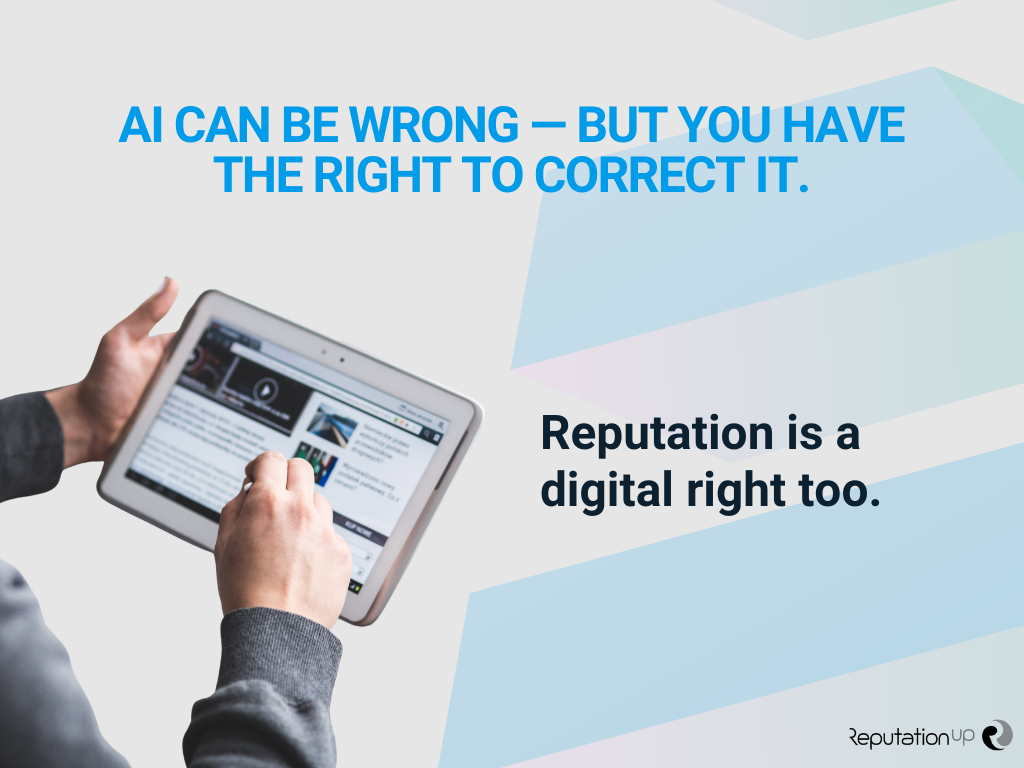
How to protect your reputation against ChatGPT (step by step)
1. Perform an audit of AI-generated mentions
It’s not enough to ask ChatGPT just once. You need to simulate multiple scenarios: searches for your name, your brand, your job title, or related topics. This audit must be technical and documented.
ReputationUP offers this service as part of its reputational defense protocol against artificial intelligence.
2. Identify and analyze training sources
If ChatGPT mentions a negative fact about you, it’s likely from an indexed source: an article, a forum, a public database. Identifying that source allows us to work on removing or de-indexing it to prevent future reproductions.
3. Request a formal review from OpenAI
OpenAI allows you to submit reports of harmful content. Although there’s no guarantee of immediate removal, a well-reasoned request, including evidence of harm and legal references, can result in the content being filtered or modified.
4. Apply the right to be forgotten if applicable
If the content cited by ChatGPT violates your right to be forgotten or is no longer of public interest, you can request its removal or de-indexing based on the General Data Protection Regulation (Article 17 GDPR). This argument is especially valid in the European Union and countries with similar laws.
5. Post positive and up-to-date content
Digital reputation also requires training. Generating new, accurate, and well-positioned content helps retrain AI models. Publish interviews, articles, optimized professional profiles, and positive links on authoritative sites.
💬 “If you don’t build your digital narrative, ChatGPT will do it for you. And it won’t always tell the right story,” emphasizes Andrea Baggio.
Do you want to protect your reputation from haters and fake news?
You risk losing 22% of your revenue if potential customers find a single negative link on Google’s first page
What can ReputationUP do for you?
ReputationUP has developed a specialized service to protect individuals and brands from reputational damage caused by AI models like ChatGPT. This service includes:
- Complete audit of AI-generated responses
- Identifying negative or erroneous sources
- Removing harmful content from the Internet
- Drafting applications to OpenAI and other platforms
- Legal advice under the GDPR and the right to be forgotten
- Positive content positioning for AI
The goal is to protect your reputation from automated errors and ensure that your online identity is protected using human and legal criteria.
Conclusion
ChatGPT represents the future of information… but also a new online reputation risk. What an AI says about you can influence hiring, business relationships, legal decisions, or social perception, even if it’s based on a mistake.
Therefore, protecting your digital identity is no longer an option: it’s a strategic necessity. And as with any threat, the best defense is anticipation.
If you want to know what ChatGPT says about you and how to protect your digital reputation, contact ReputationUP. Because your image also deserves protection from artificial intelligence.
Frequently Asked Questions (FAQ)
Yes. If your name appears in public sources, ChatGPT can mention you without prior filtering.
Yes, by submitting a formal request to OpenAI with legal arguments and evidence of impact.
You should conduct a simulated audit by asking questions about your name, company, or past positions.
Yes, especially in countries with data protection laws. You can invoke the right to be forgotten.
By publishing positive content, monitoring your online mentions, and working with online reputation experts.


